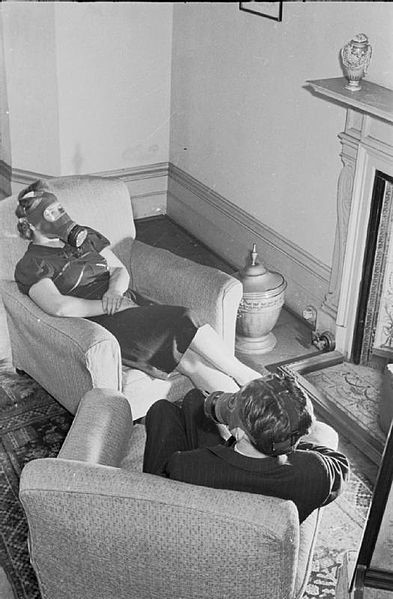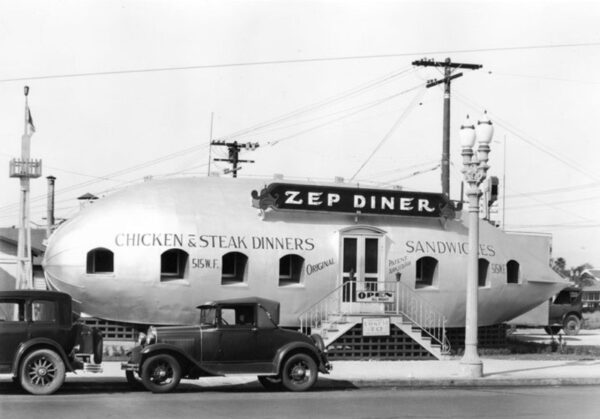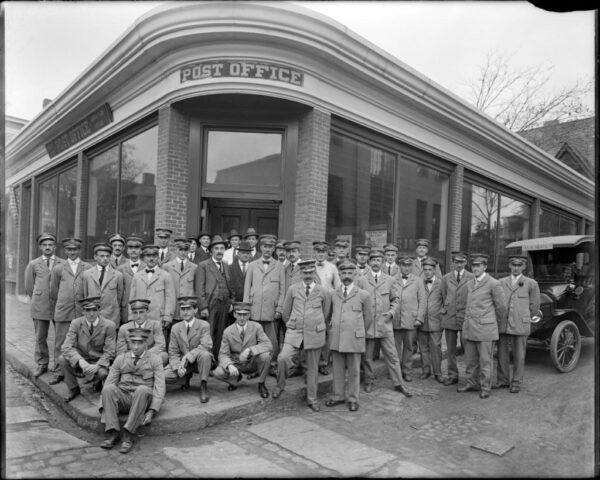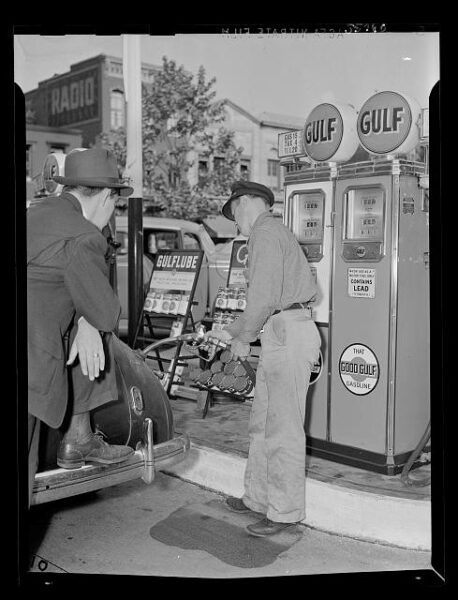Archive for the ‘Uncategorized’ Category

STAY-AWAY “EXCLUSION” PAY
With only limited exceptions, Cal/OSHA’s mandatory COVID-19 Emergency Temporary Standards (ETS) (effective November, 2020) apply to all California employers. See, What’s New in 2021: Infection Prevention Direction CAL/OSHA COVID-19 Emergency Temporary Standards (February 5, 2021)

PREVENTING DISCRIMINATION IN A PANDEMIC
Closely paralleling national standards, California employers must balance COVID-19 health and safety guidelines with the required Fair Employment and Housing Act (FEHA) protections for those who seek accommodation for a physical or mental disability or religious conviction and practice.

WHAT’S NEW IN 2021 ONE-STOP COVID SHOP NEW CALIFORNIA WEBSITE AND EMPLOYER PORTAL
The California Labor & Workforce Development Agency (LWDA) has launched a new website consolidating COVID resources previously only available through separate state and local online websites including:

CAUTIONARY TALE EPISODE 40 BIG STICK COMPLIANCECAL/OSHA FINES NUMEROUS BUSINESSES FOR COVID-19 VIOLATIONS
Cal/OSHA continues to “encourage” business compliance with its pandemic regulations by targeting, fining and announcing violators on broad scale. Starting with several supermarkets and a frozen food plant we earlier reported, Cal/OSHA has now issued COVID-19 fines to businesses and facilities that include:

WHAT’S NEW 2021 GETTING UNDER THE HOOD NEW TOOLKIT FOR WORKPLACE LEAVE COMPLIANCE
The California Department of Fair Employment and Housing (DFEH) has published an important toolkit for employer compliance with the 2021 expanded California Family Rights Act (CFRA) and the Pregnancy Disability Leave law (PDL). See, California’s Expanded Family and Medical Leave Significantly Impacts Small Business. (November 12, 2020)

WHAT’S NEW IN 2021 INFECTION PREVENTION DIRECTION CAL/OSHA COVID-19 EMERGENCY TEMPORARY STANDARDS
Effective November 30, 2020, Cal/OSHA issued emergency temporary standards or “ETS” to prevent the workplace spread of COVID- 19. The ETS contains a slate of mandatory measures applicable to all California employers with exceptions for ● employees working at home; ● one-employee worksites where there is no contact with others; and ● certain health care employers otherwise covered by Cal/OSHA’s Aerosol Transmissible Diseases guidelines.

WHAT’S NEW IN 2021 PAID PANDEMIC LEAVE IN THE NEW YEAR
Some Benefits Optional, Some Mandatory Nationwide Voluntary COVID-Related Paid Sick Leave: Until its December 31, 2020 expiration, the Federal Families First Coronavirus Response Act (FFCRA) required COVID-19-related emergency paid sick leave and emergency paid family leave for nearly all employers with fewer than 500 on payroll. The FFCRA’s tax rules also created a 100% wash […]

THE FRONTIERS OF FAST FOOD
The International Franchise Association, along with the Dunkin’ Donuts, Supercuts, and Asian-American Hotel Owners franchisee associations, have sued California in San Diego’s federal court to prevent the state from classifying franchisees as employees.

WHAT’S NEW IN 2021 CALIFORNIA MINIMUM WAGE INCREASES
From 2016’s Senate Bill (SB) 3, California minimum wage will increase on January 1, 2021 to $13.00 per hour for employers with 25 or fewer employees and $14.00 for employers with 26 or more. SB 3’s final statewide increase to $15.00 per hour will be in 2022 for larger employers and in 2023 for those…

WHAT’S NEW IN 2021 REIMBURSING EMPLOYEE PERSONAL VEHICLE USE
The Internal Revenue Service (IRS) has announced its 2021 optional standard mileage reimbursement rate for employee business use of a personal vehicle, effective January 1, 2021, down from 57.5 cents to 56 cents/mile.
